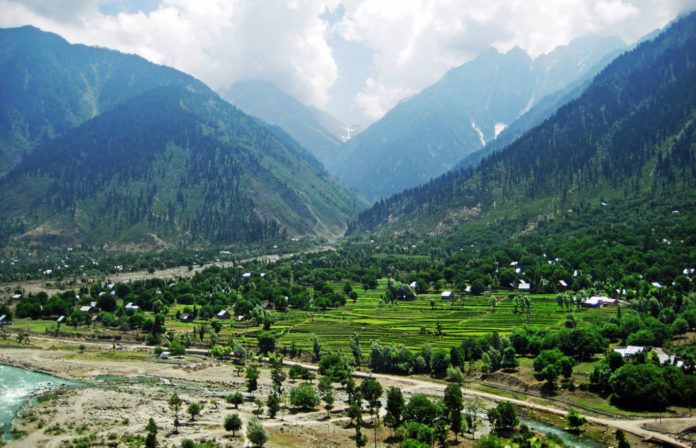Muzaffarabad (POJK), May 5 (NVI) The so-called Assembly of Pakistan-occupied Jammu and Kashmir, a puppet grouping selected by the Pakistani military, has shocked the locals by passing a controversial law under which only its elected members will have the full authority to identify and use local government development funds schemes.
The new law, which has rendered around 3,000 elected local government councillors redundant, has been significantly enacted at a time tensions are escalating between India and Pakistan and two countries are at the brink of a war.
It may be noted that on February 19, 2025, the High Court of POJK had issued a direction that development funds should be spent only through elected local government representatives in accordance with the Local Government Act of 1990.
But the POJK Assembly passed a new law, according to which only the assembly members will identify all local government schemes.
The new law was supported by all the parties in the coalition government, including the members of the Pakistan Tehreek-e-Insaf (Forward Bloc), the Pakistan Muslim League (N) and the Pakistan Peoples Party.
All the MLAs, including Qayyum Niazi of Pakistan Tehreek-e-Insaf, opposed the bill.
Each year, billions of Rupees are spent on various developmental projects. In the current financial year, this amount was Rs 28 billion, out of which about Rs 4 billion was allocated for local government.
Before the court’s decision, about Rs 500 million had been spent by the Assembly members. However, after the court’s decision, it was temporarily stopped.
Now, after the new law, the assembly members will have direct control over these funds, and they will determine the development schemes themselves.
It should be noted that earlier money was spent through the assembly members and it will still be spent through them. The difference is that earlier it was spent without any law and now it will be spent under the law.
Local government representatives and civil society have termed the move as a major setback for local democracy.
According to them, the decision not only promotes centralization of powers but also increases the chances of corruption. (NVI)








